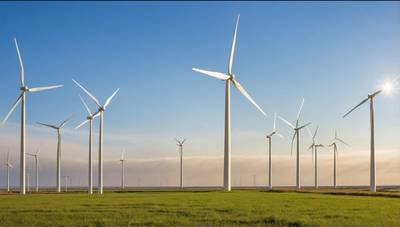US Senate proposes to phase out solar and wind energy tax credits completely by 2028
According to a draft bill circulated Monday, the U.S. Senate Tax Committee proposed a complete phase-out of tax credits for solar and wind power by 2028. However, it extended incentives to 2036 in favor of hydropower, geothermal and nuclear energy. These are all preferred by President Donald Trump.
The draft, released by Republican Senator Mike Crapo as the chair of the committee, would phase out the tax credits for solar and wind power enshrined in the Biden-era 2022 Inflation Reduction Act by 2026, reducing it to 60% and ending it by 2028.
According to the draft, it would give 100% credit to hydropower and nuclear facilities until 2033. Then, it would phase out the credit until zero by 2036.
The Senate version gives clean energy projects more time to take advantage of tax credits. In the House version, a project had to start construction within 60 calendar days after the bill was passed and must be in operation by December 31, 2028, to qualify for tax credits. Some lawmakers and project supporters expressed concern that this would cause electric reliability issues and compromise investments across the nation.
The Senate bill maintains some of those restrictions that were included in the House bill, which prohibit the use of tax credit for projects that depend on equipment or minerals critical to foreign adversary countries like China. The Senate bill would allow some publicly traded firms that use materials from China to operate with fewer restrictions.
The clean energy industry had opposed these restrictions, as they would have a severe impact on projects that depended heavily on China in many parts of their supply chain. (Reporting and editing by Leslie Adler, David Gregorio and Valerie Volcovici)
(source: Reuters)











